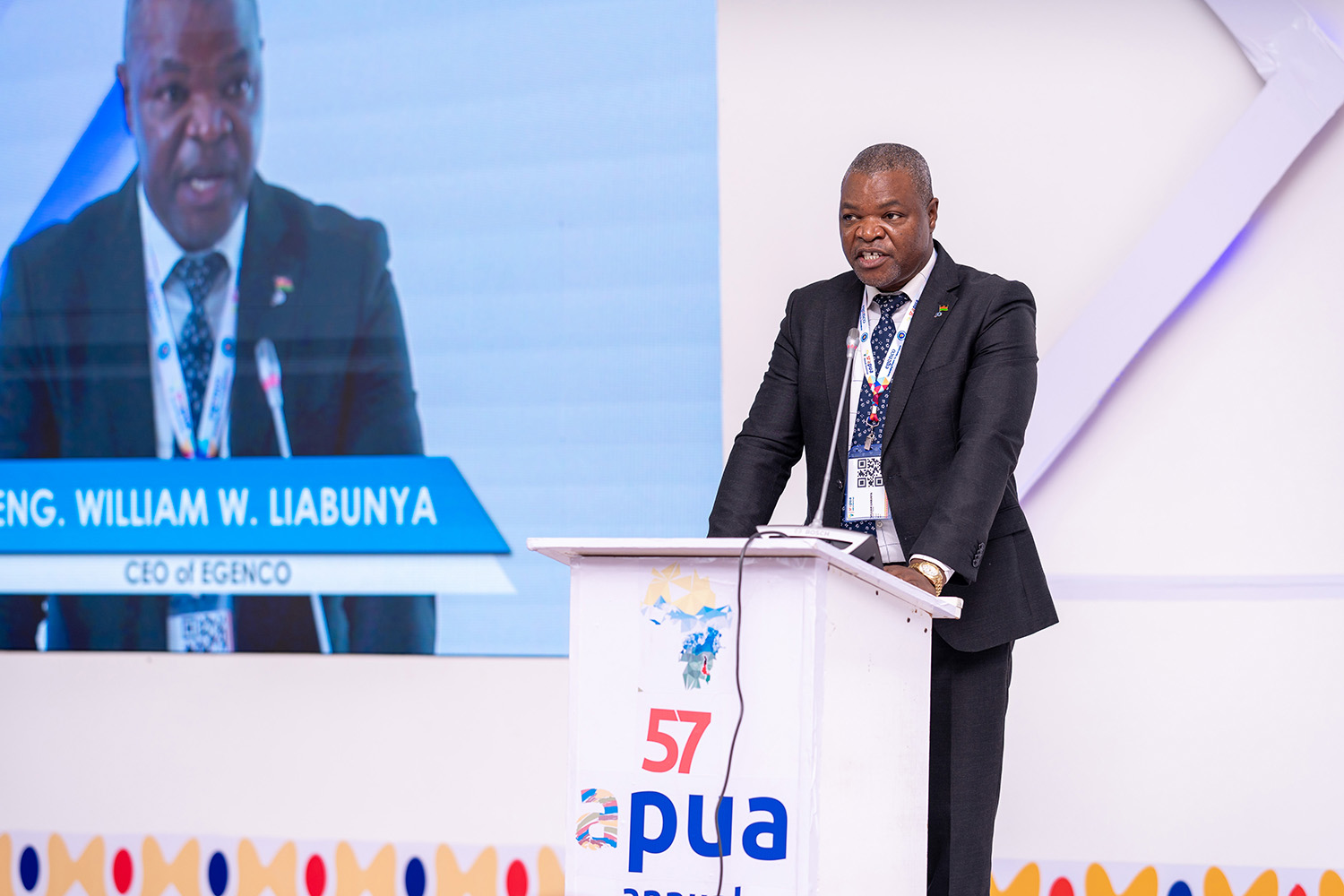BY PIJ REPORTER
Government risk getting another raw deal in its mining ventures as it moves towards signing several huge mining agreements with three mining investors that will also pay two London-based firms hired to help it draft the mining contracts.
The Malawi government and the companies say they see no problem with the arrangement.
But mining experts warn that the move could see Malawi be short-changed in the agreements, as the hired lawyers could be prone to conflict of interest as they could put terms that are favourable to the mining firms at the expense of the country.
PIJ could not ascertain the status of agreements with Lotus and Global Metals which sources say are at advanced stages but can confirm that the government through the Malawi Environmental Protection Agency (MEPA) has approved the Environmental Social Health Impact Assessment (ESHIA) for Songwe Hill Rare Earths Project in Phalombe.
The rare earth mine is expected to be the biggest and most lucrative mining venture the country has ever undertaken.
The approval of the environmental report hence is a giant step towards signing a mining agreement and sources say two London-based law firms –DWF and Trinity—will help government review the mining agreements, but their fees will be footed by the mining companies themselves including Mkango Resources Limited, which has confirmed the arrangement to PIJ.
Malawi’s Director of Mining Burnet Msiska said he could not comment on the development as the matter was legal in nature and referred the matter to the Office of the Attorney General (AG).
AG Thabo Nyirenda confirmed in an interview that the government had agreed with the companies to pay for the law firm, but said the lawyers will provide professional advice.
“There is nothing wrong with the arrangement,” he told PIJ.
Mkango Resources Limited, in a written response to a PIJ questionnaire, also argued that the move does not raise conflict of interest issues, saying the law firm was a specialist in international law firms with experience advising governments, and it will do so independent of Mkango.
The company further argued that sponsorship of a counterparty’s advisory costs is not unusual either in commercial transactions or in matters between States and commercial entities.
The company further argued that it is sponsoring the costs of the independent advisors at the request of the Government to contribute to achieving a sustainable and fair deal.
“Our goal is to make sure that we have a solid and balanced MDA that works for both parties that will result in a long-term relationship between Mkango and the Government of Malawi. It is in both parties’ interests to make sure that this relationship has solid foundations,” reads the statement.
It added: “Even though Mkango is sponsoring the external, expert, advisory costs of the Government, the advisors’ client is the Government of Malawi – not Mkango. These law firms owe a duty of care and confidentiality to the Government of Malawi – not to Mkango. Although Mkango is acting as sponsor for fees, payment is not conditional on the content/substance of their advice, and we will not be privy to the advice and/or to the communications exchanged between the Government of Malawi and these independent law firms, which are subject to attorney-client privilege,” said the company.
In a separate press release later published on its website, the company quotes its Mkango Resources President Alexander Mark Lemon confirming both the approval of its environmental report and hiring of the lawyers to help the Malawi government draft a contract.
“The approval of the ESHIA for the Songwe Hill Rare Earths project is a major achievement for Mkango and Malawi’s first rare earth mining project. We would like to thank the Malawian government for their ongoing cooperation and support and the Malawi Environmental Protection Agency for their advice and support during the ESHIA engagement, review, and approval process. We look forward to the Mining Licence and MDA being approved in the coming weeks.
“The Malawi Ministry of Justice has appointed a London-based international law firm with mining expertise to carry out a final review of the Mining Development Agreement (“MDA”) and we are hoping to shortly conclude an agreement that is a win-win for both the Nation of Malawi and all of Mkango’s stakeholders.”
Kossam Munthali, Chairperson of the Natural Resources Justice Network, a grouping of civil society organisations focussing on the mineral sector, said the move was bound to create loopholes for clauses in the contracts biased towards the company paying the lawyers.
“The playing field is not conducive for the Malawi government. Even the environmental impact assessment is being done by the company. Likewise, on the MDAs you cannot rule out elements of unprofessionalism and bias because the company will play. They may influence which clauses to be included and remove. How I wish we could learn from Kayelekera. I believe we can get a team to negotiate these deals. I don’t think this is the right direction,” said Munthali.
He said the only positive development in the negotiations has been that the government has not been rushing to sign the agreement.
negotiation,” she added.
Game Changer
Mkango which is seeking to run the mine at Songwe Hill in Phalombe, Southern Malawi completed a feasibility study in July 2022 and hopes to develop a mine to dig rare earth, a precious commodity used in the manufacturing of electric vehicles, wind turbines and other clean technologies.
In a more strategic and commercially viable aspect, rare earth is used in a wide range of items such as communications equipment, precision-guided weapons, night-vision goggles, and stealth technology.
Apart from rare earth, the company has discovered another precious mineral, rutile, which is also expected to fetch the country billions in revenue.
China, the rising geopolitical power and an increasing adversary to the US is home to the world’s biggest known deposits of rare earth and with economic tussles between the two sides, Malawi might prove a viable resource base.
According to mineral rights activists, in 2015, during the stakeholder meetings for the Mines and Minerals Act and the Taxation Amendment Act, which includes the fiscal terms for mining projects, government officials pledged that with the new law, final negotiations on fiscal terms for the mining development agreements should be all-inclusive.

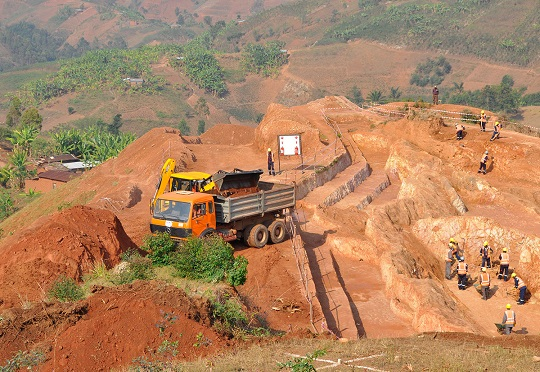


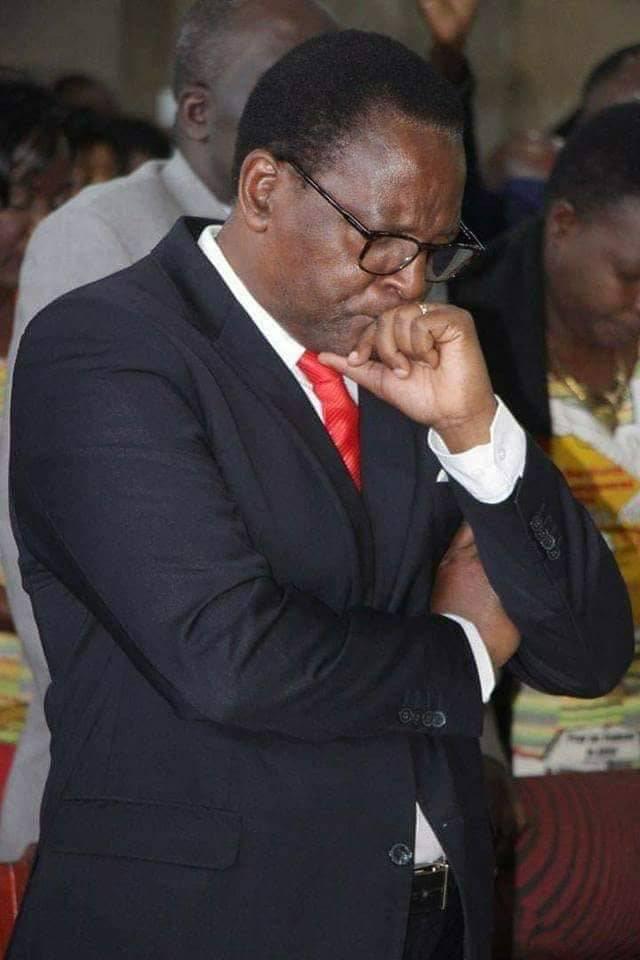

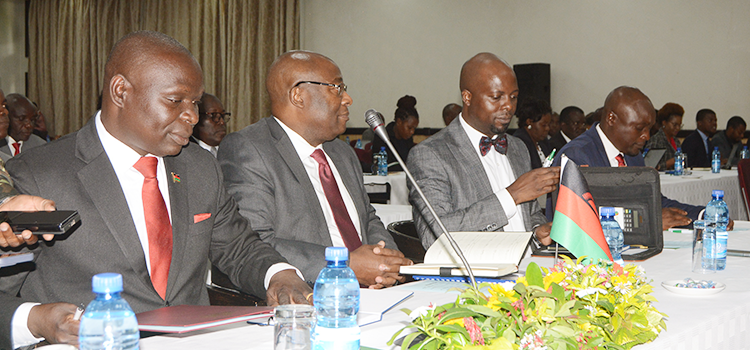
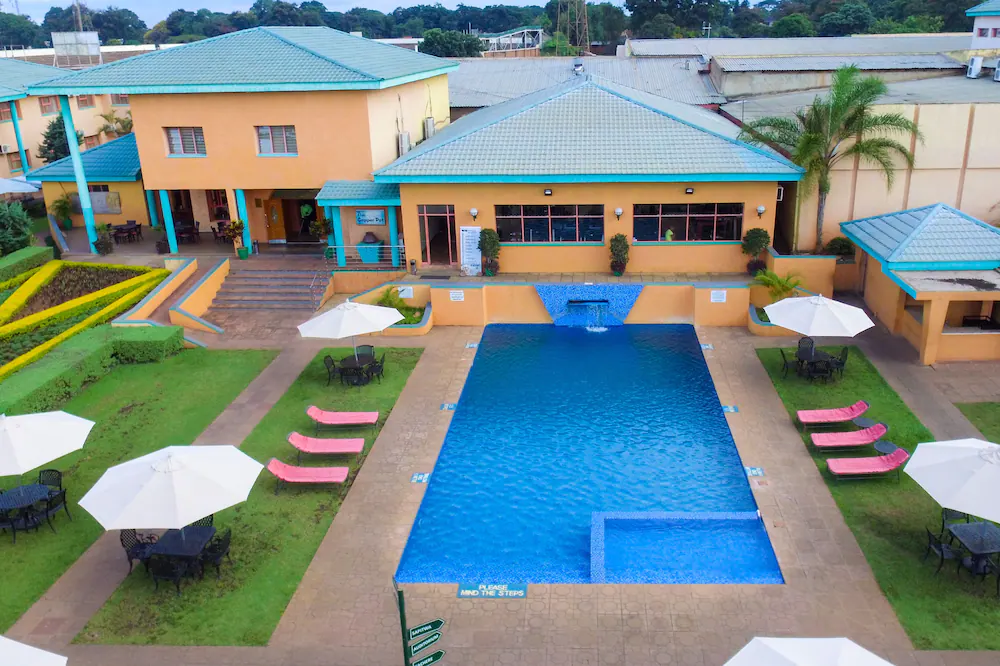
.jpg)
